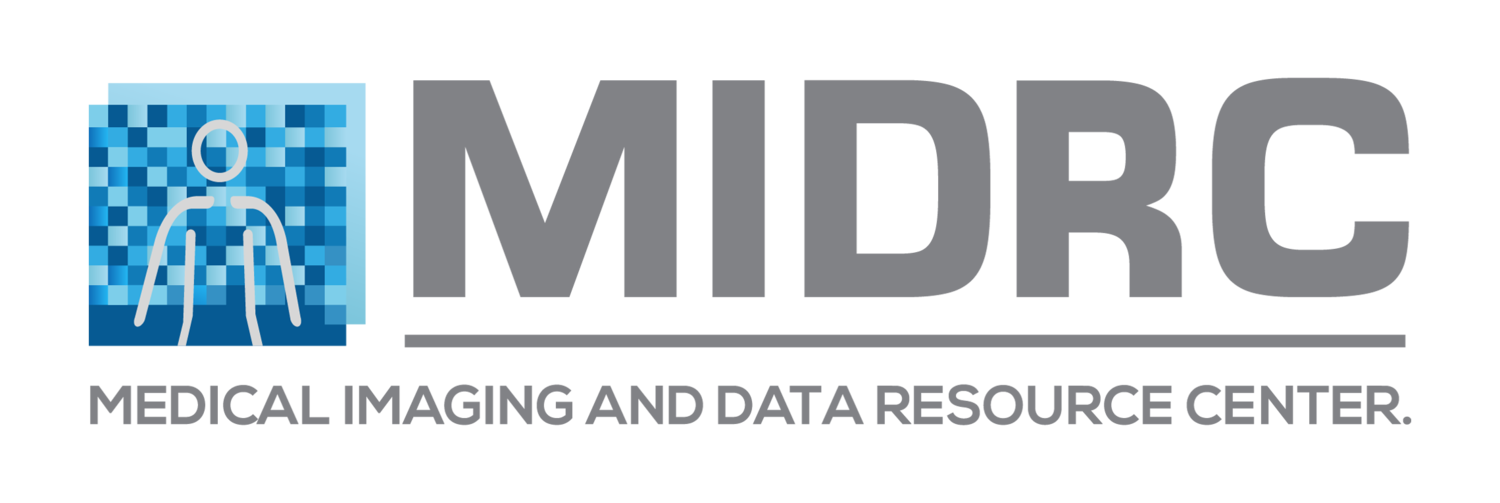mRALE Mastermind Challenge.
Last updated July 21, 2023
Congratulations to all test phase participants and the best performing mRALE Masterminds! Performances were great overall.
The mRALE Mastermind webinar video has been posted on our YouTube channel; The top 3 teams discuss their approaches and answer questions from the audience.
Full list of high-performing teams
Ian Pan, Brigham and Women's
Ran Zhang, University of Wisconsin-Madison
Finn Behrendt, University of Technology Hamburg
Team MALTA, Pontifícia Universidade Católica do Rio Grande do Sul
Christian Mattjie
Luis Vinicius de Moura
Rafaela Cappelari Ravazio
Otavio Parraga
Lucas Silveira Kupssinskü
Adilson
Rodrigo Coelho Barros
5. Yijie Yuan JHMI
6. Team University of Kentucky
Cohen Archbold
Imran Abdullah-Al-Zubaer
Atik Ahamed
7. Mathieu Goulet, Centre régional intégré de cancérologie (CRIC)
8. Team University of Waterloo
Yifan Wu
Hayden Gunraj
Chengzong Zhao
Yuhao Chen, PhD
Alexander Wong
Pengcheng Xi
9. Team National Library of Medicine (NLM)
Stanley Liang
Sameer Antani
Zhiyun Xue
Sivaramakrishnan Rajaraman
Feng Yang
Many thanks to the expert radiologist annotators who participated in the annotation event and scored portable chest radiographs for COVID severity in terms of mRALE score to provide a reference standard for our mRALE Mastermind Challenge.

